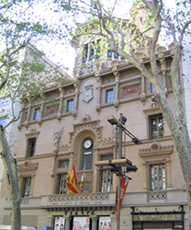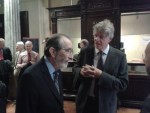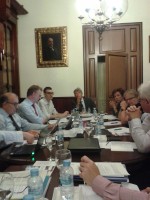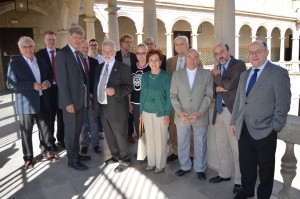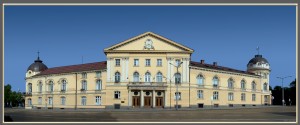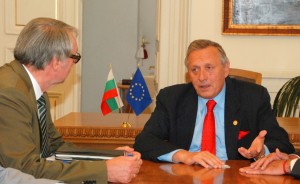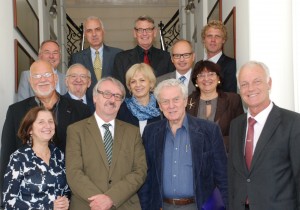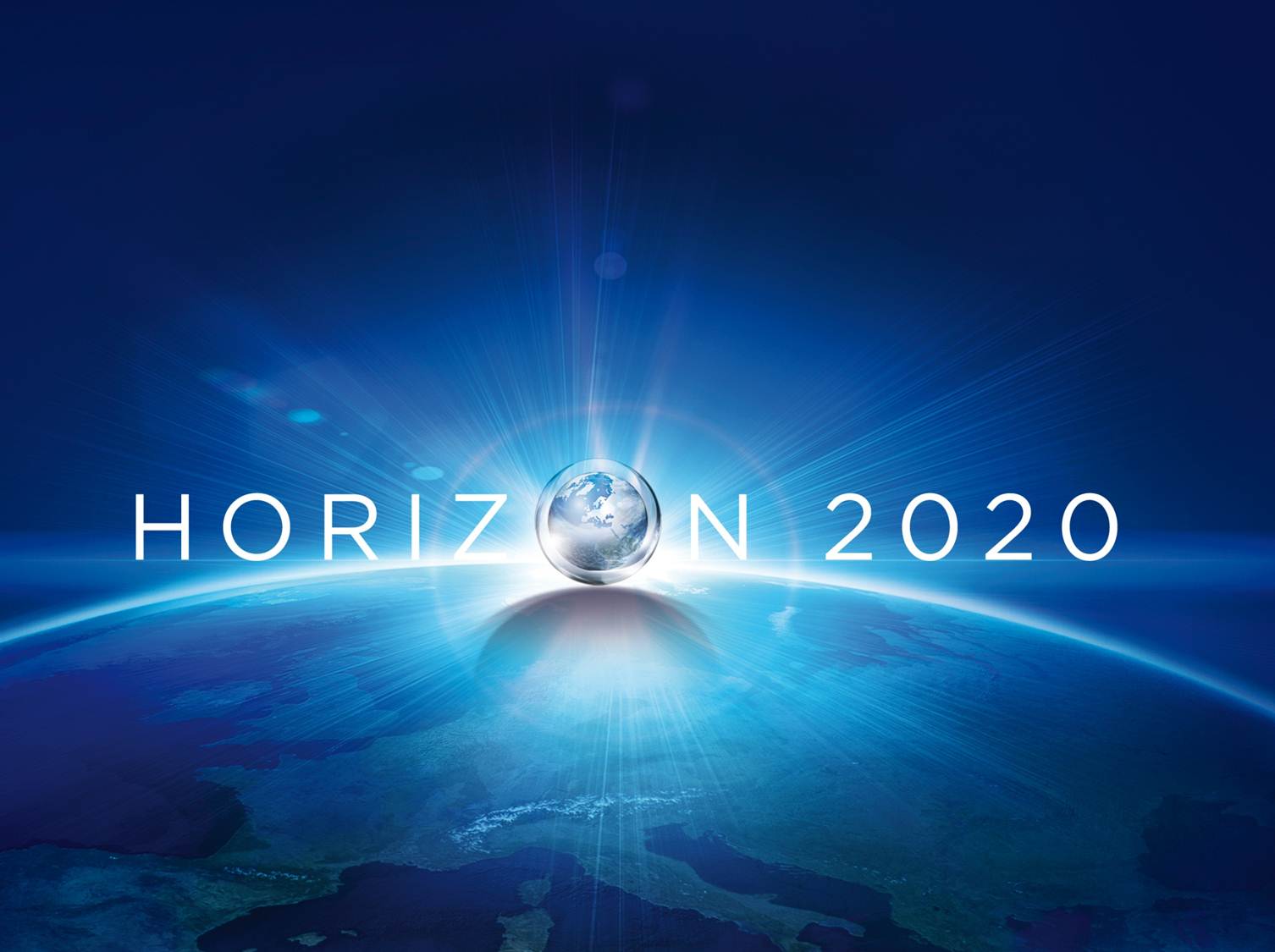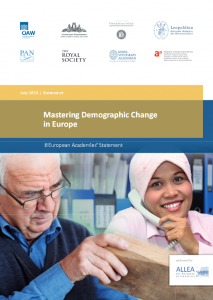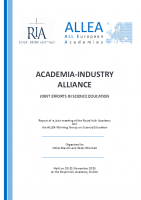ALLEA Board Meeting at the Israel Academy of Sciences and Humanities
The ALLEA Board met in Jerusalem on the premises of the Israel Academy of Sciences and Humanities from 3 – 4 December 2014. Further to the reporting session on recent, current, and future ALLEA activities as well as on-going and planned future initiatives and projects by ALLEA´s five working groups, the meeting focused on ALLEA´s collaboration with other European academy organizations, including EASAC, Euro-CASE, Academia Europaea and FEAM in contributing to the evidence-based policy advice system in the European Union.
With the new Commission in office since November 2014, a number of far-reaching decisions have been taken regarding the future role and structure of implementing scientific evidence in the policy-making process. Concretely, the position of the Chief Scientific Adviser (CSA) was discontinued and the Bureau of European Policy Advisers (BEPA) dissolved. The Board underlined the crucial role of scientific advice and called upon the President of the European Commission to elaborate a sound system that allow evidence–based positions to enter into the policy-making process.
The programme furthermore included a tribute from the ALLEA President to outgoing Board members Menahem Yaari and Peter Kennedy, since 2012 delegates of the Israel Academy of Sciences and Humanities and the Royal Irish Academy respectively, highlighting their invaluable contributions and great efforts for ALLEA over the last years. Board members joined the President in thanking both for the work and friendship over the last three years.
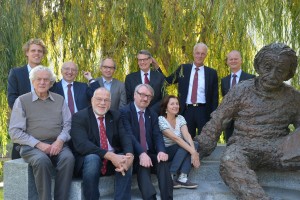
The ALLEA Board at the Israel Academy of Sciences and Humanities
The Israel Academy of Sciences and Humanities from January 2015 onwards will be represented in the ALLEA Board by its President Professor Ruth Arnon, who had been warmly welcomed on the occasion of a dinner on the evening prior to the meeting on the invitation of the host academy. Ruth Arnon is an immunologist with a worldwide reputation. She is the Paul Ehrlich Professor of Immunology at the department of immunology at the Weizmann Institute of Science, which she formerly headed. Her scientific research has focused on the development of advanced vaccines, cancer research and parasitic diseases. She served as an adviser on scientific matters to Israel´s President, is a recipient of the Israel Prize and a member of the French Legion of Honor.
The Israel Academy of Sciences and Humanities, established by the Knesset in 1961, is an all-embracing body with 112 members in two sections. It is administered by a six-member Council headed by President. It has spearheaded major initiatives like the Israel Science Foundation, the National Council for Research and Development and membership in CERN, ESRF, etc. Through 32 bi-national agreements the Academy promotes reciprocal scientific visits and coordinates international scientific workshops. It is Israel’s adhering member in major international scientific unions and organisations.

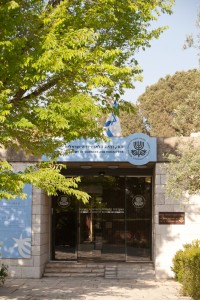
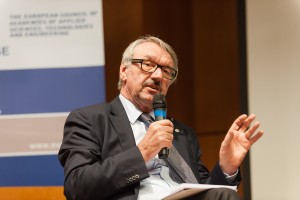
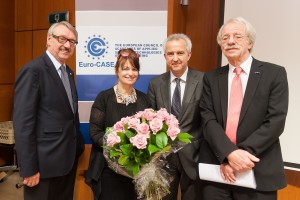
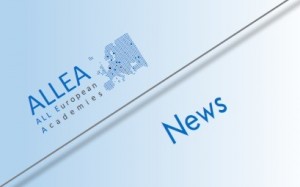 Following an agreement at the ALLEA General Assembly in Oslo in April 2014, the two ALLEA permanent working groups on Science & Ethics and Intellectual Property Rights (IPR), held a first-ever joint meeting in Munich on 24 November 2014.
Following an agreement at the ALLEA General Assembly in Oslo in April 2014, the two ALLEA permanent working groups on Science & Ethics and Intellectual Property Rights (IPR), held a first-ever joint meeting in Munich on 24 November 2014. 